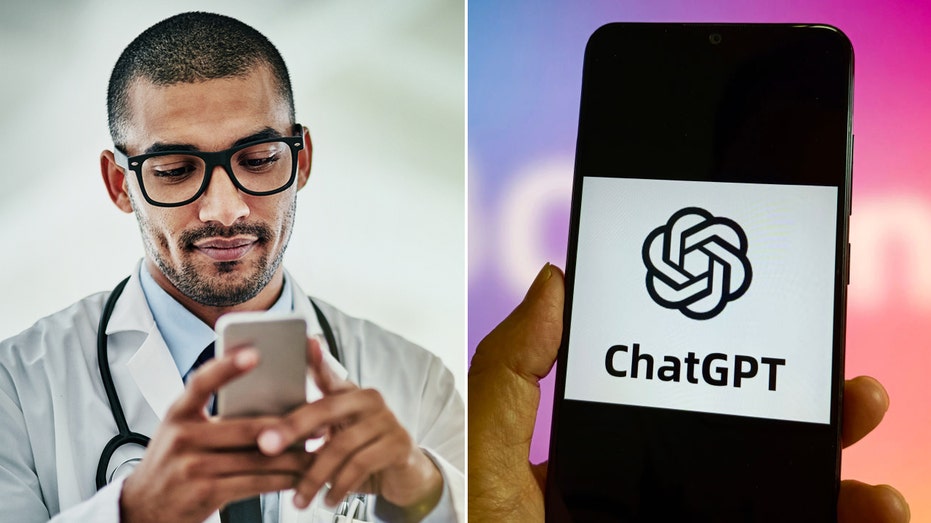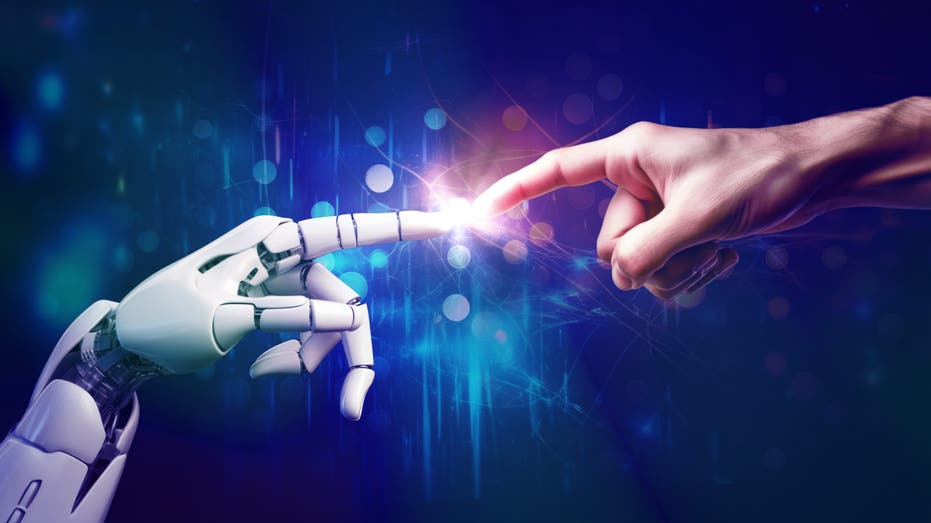ChatGPT: Gen Z’s Viral Therapist or Risky Mental Health Gamble?

Sarah Johnson
May 25, 2025
Brief
ChatGPT goes viral as Gen Z’s new therapist, but experts warn AI lacks the empathy and expertise needed for serious mental health care.
Artificial intelligence is slipping into the therapist’s role, and Gen Z is all in. Social media platforms like TikTok are buzzing with millions of posts—16.7 million in March alone—about using ChatGPT to tackle anxiety, depression, and other mental health struggles. Users like @christinazozulya praise the AI for easing dating jitters and career stress, calling it a game-changer for instant emotional relief. No more spamming parents with anxious texts; ChatGPT’s there to soothe the soul.
Others, like @karly.bailey, lean on it as a 'free therapy' lifeline, especially without health insurance. For many, it’s a quick fix—journaling prompts, emotional freedom tapping, or just a virtual shoulder to lean on. In the U.K., long NHS waitlists (some stretching over 18 months) and pricey private counseling (£400 a pop) push young adults toward AI as a budget-friendly alternative.
But here’s the rub: mental health pros aren’t sold. Dr. Kojo Sarfo, a mental health expert, tested ChatGPT and found it can mimic a therapist by pulling info from the web, but it lacks the human touch. It’s no substitute for a licensed professional who can diagnose, prescribe meds, or handle complex cases. Critics warn that over-relying on AI could leave those in crisis high and dry, especially since chatbots can’t always spot the difference between metaphorical and literal cries for help. A study from Tebra backs this up: 1 in 4 Americans are more likely to chat with AI than see a therapist.
Still, there’s a silver lining. AI can help users prep for doctor visits, offering assertive prompts to articulate symptoms like ADHD. But when it comes to serious mental health needs, experts like Dr. Christine Yu Moutier from the American Foundation for Suicide Prevention sound the alarm. AI lacks the nuance to assess suicide risk or provide tailored care, and there’s no helpline or safety net baked into these platforms.
So, while ChatGPT’s $20-a-month Plus plan might feel like a steal compared to therapy, it’s a risky bet to outsource your mental health to a bot. Convenience is king, but human empathy? That’s still the gold standard.
Topics
Editor's Comments
ChatGPT as a therapist? It’s like asking a calculator to fix your broken heart—great for quick math, terrible for real emotions. Gen Z’s swiping right on AI for instant relief, but when the chips are down, no bot’s gonna hold your hand through the dark. And those NHS waitlists? Longer than a Monday without coffee. Time to prioritize human connection over digital downloads!
Like this article? Share it with your friends!
If you find this article interesting, feel free to share it with your friends!
Thank you for your support! Sharing is the greatest encouragement for us.



